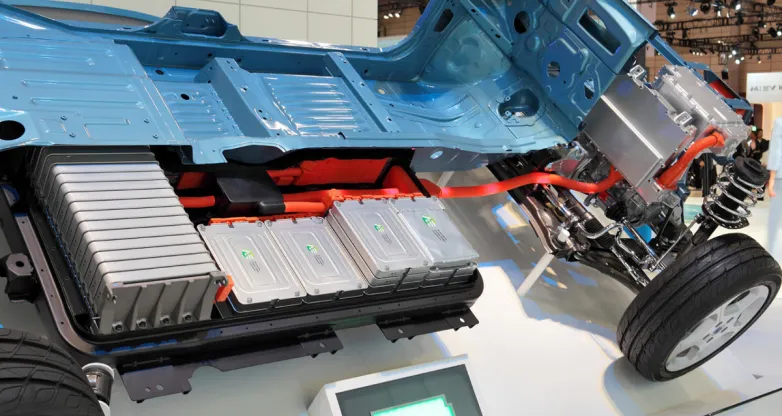Czech federal government strategies retroactive cuts for PV rewards, once more
- According to the Czech Solar Association, the relocation versus solar will likely cause defaults for hundreds of PV projects. The Czech federal government additionally prepares to construct even more nuclear reactor and also has actually pledged to prolong the life expectancy of its coal-fired plants.

The Czech federal government has actually revealed strategies to construct even more nuclear reactor and also has actually promised to expand the life-span of its coal-fired nuclear power plant, while likewise presenting retroactive cuts for feed-in tolls given to existing solar, wind and also hydropower projects.
According to the Czech Solar Association, the authorities will just give exceptions for the retroactive procedures to biogas as well as biomass plants, yet it kept in mind that a firm as soon as possessed by Prime Minister Andrej Babis has actually greatly bought those markets over the last few years.
" While the remainder of Europe wants to renewables to blaze a trail out of corona-recession, Czech intends to destroy business atmosphere and also capitalist self-confidence as well as sabotage advancement of brand-new renewables, running the risk of global adjudication," the profession body stated. "Plans would likely bring about default of hundreds of PV projects as well as firms with possibly ruining ripple effects on financial as well as various other markets."
The Czech federal government likewise intends to lower the interior price of return (IRR) for some renewables projects, which the Czech Solar Association still thinks about appropriate, by passing a change to the Law on Supported Energy Sources. "Solar PV projects will certainly be most hard struck, with the appropriate IRR evaluated 6.3%, which in a lot of cases is listed below rate of interest of small business loan that are still being repaid for the projects concerned," the organization discussed.
Martin Sedlak, supervisor of the Modern Energy Union, slammed the federal government's most current relocations. "When attempting to validate their choice, the Czech federal government is furthermore utilizing the old EU-blame video game to warrant their devastating as well as extreme strategies," Sedlak stated. "They declare that the IRR of 6.3% was enforced by Brussels, which is not real, considering that the number was prepared by the Czech federal government itself."
The brand-new step will likely influence PV projects constructed in between 2009 and also 2010, when the FIT plan was applied as well as greater than 2 GW of solar ability was released. In 2014, an unique solar tax obligation of 26% was troubled FITs paid to large centers attached in 2010.
Although the tax obligation was expected to be junked after 3 years, the federal government presented a brand-new 10% solar tax obligation in 2017 for one more 17 years. "The levy goes through a number of global litigation, among which the Czech Republic has actually currently shed," the Czech Solar Association stated.
The Czech Republic had actually mounted 2.07 GW of PV ability by the end of in 2015, according to International Renewable Energy Agency numbers. That was 5 MW less than at the end of 2018 and also coincided as the nation's collective total amount at the end of 2015. Although a couple of megawatts have actually been released in the Czech Republic in each of the past couple of years-- thanks to the Green Savings Program for dispersed generation as well as the nation's solar-plus-storage system-- numerous PV setups have actually because been separated because of supposed fraudulence.
In January, the Czech federal government increased the renewable resource target from 20.8% to 22%. Tidy power presently provides 15.6% of the country's electrical power. Karel Havlicek, the replacement head of state and also preacher of market and also profession, claimed as solar energy would certainly be anticipated to add 1.9 GW of brand-new generation capability by 2030.
Also read

